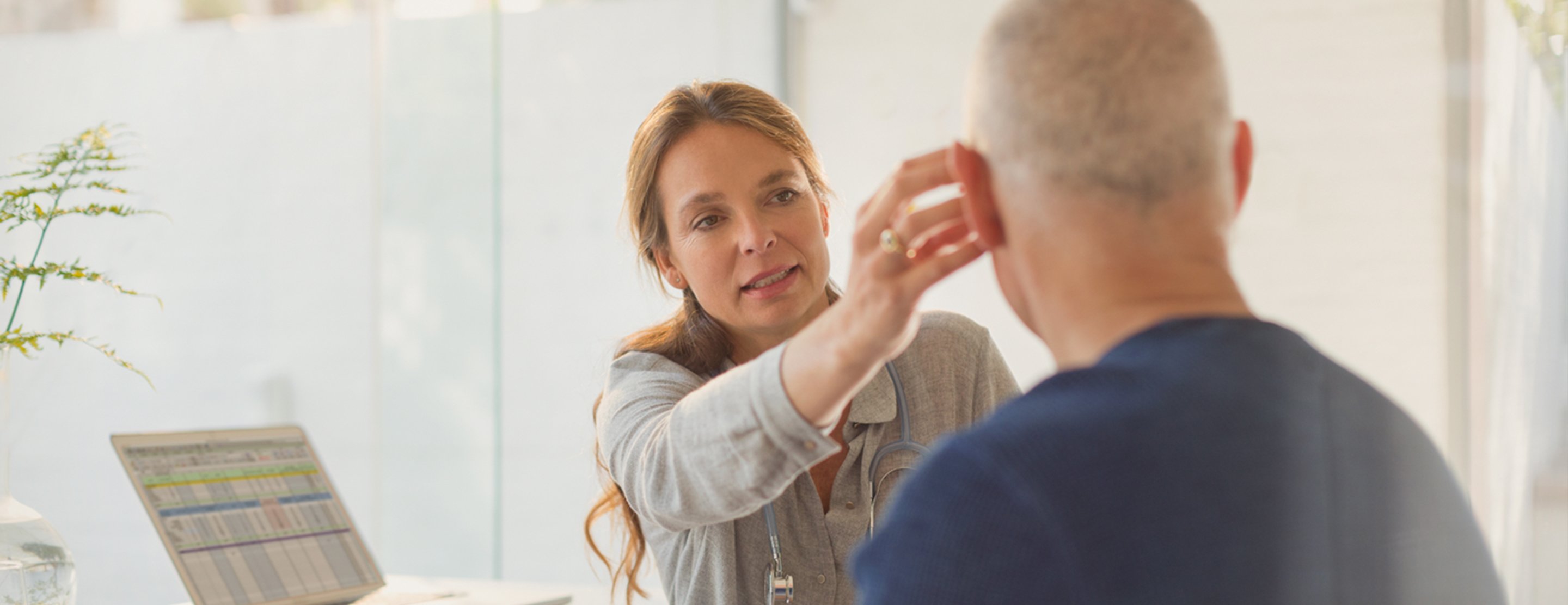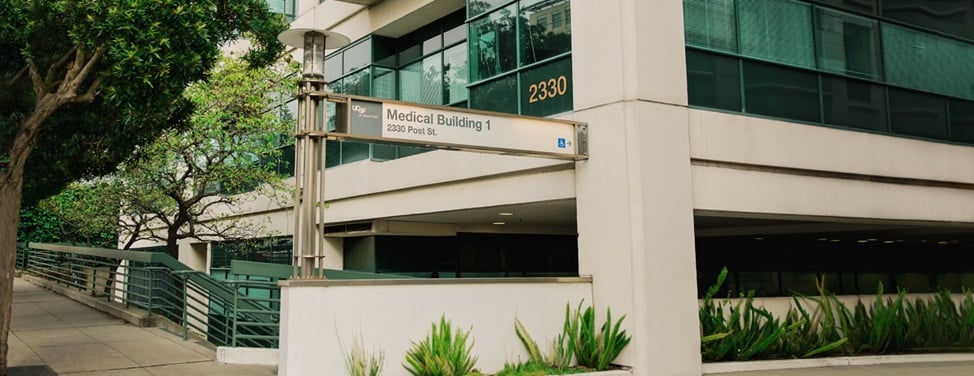
Assistive Listening Devices
While hearing aids can be very helpful, they may not be able to provide a suitable acoustic signal when that signal is generated in noisy and reverberant environments, and over long distances, such as when listening to a lecture or in a theater. Assistive listening devices (ALDs) can improve the signal (what you want to hear) to noise (what you want to block out) ratio to recommended levels.
ALDs can improve hearing in noisy environments by transmitting the signal from the source – the person speaking or from devices such as radios and telephones – directly to your ears or hearing aids. This is accomplished using infrared, FM radio or inductance loop transmission (a looped wire around the room). These are similar to the systems currently used in many theaters, concert halls, houses of worship and households.
One of the most common uses for ALDs is television listening. A portable transmitter and a microphone are located near the TV loudspeaker. Sound picked up by the microphone is transmitted to a receiver worn by the listener, without any decrease in intensity. These devices can transmit with minimal distortion over a considerable distance of up to 50 feet.
Some infrared transmissions are limited in that a direct line of sight is required, and some may not be used in bright lighting.
ALD systems that use FM radio work like very small radio stations. FM transmission can be used in all kinds of lighting and can navigate around corners and into different rooms. Occasionally, another FM receiver using a similar frequency can cause interference.
Inductance loop systems don't often require an expensive receiver because they're compatible with the telephone coils found in many BTE and some ITE hearing aids. They're not always as desirable as infrared and FM systems because they require that a loop be placed around the circumference of the listening area, however, this is generally not a large expense.
ALDs are becoming increasingly apparent in public places in compliance with the Americans with Disabilities Act.
Other nonwearable devices that assist the hearing impaired listener include telephone amplifiers, vibrating alarm clocks, TV closed caption decoders, inexpensive personal hand held or body borne amplifiers, visual alarm systems and TDDs (telephone devices for the deaf).
UCSF has a free assistive listening device workshop on the fourth Wednesday of every month. Call (415) 353-2101 for more information.
UCSF Health medical specialists have reviewed this information. It is for educational purposes only and is not intended to replace the advice of your doctor or other health care provider. We encourage you to discuss any questions or concerns you may have with your provider.







